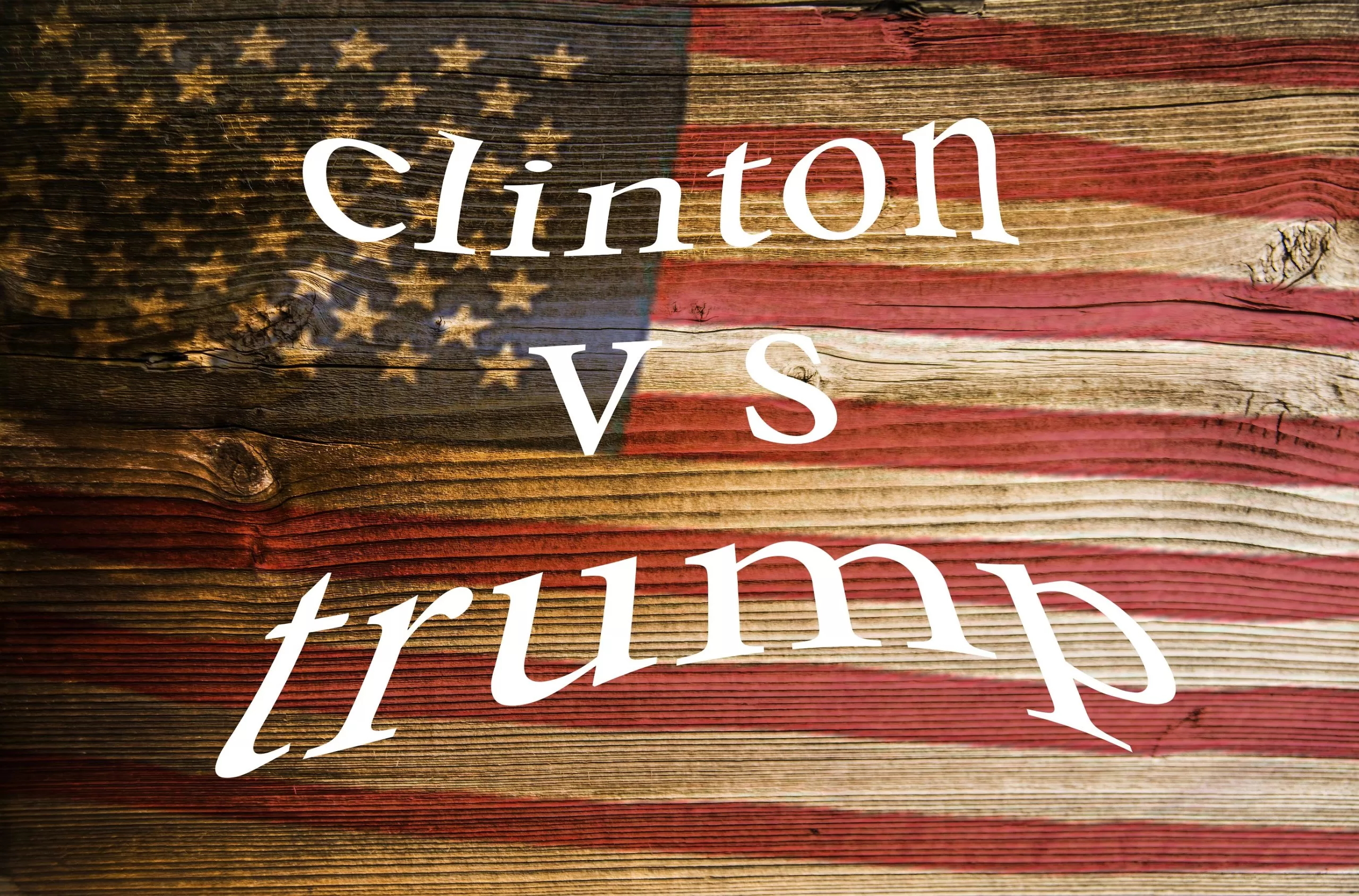
 A huge 60% of students would be less likely to choose to travel to the US for higher education if Donald Trump became president, according to a survey carried out by FPP EDU Media and Intead, which was completed by more than 40,000 students in over 100 countries.
A huge 60% of students would be less likely to choose to travel to the US for higher education if Donald Trump became president, according to a survey carried out by FPP EDU Media and Intead, which was completed by more than 40,000 students in over 100 countries.
In stark comparison, only around 4% of respondents said that Hilary Clinton’s appointment would turn them away from the US.
The reasons why are debatable, but the anti-immigration rhetoric used in Trump’s campaigning, coupled with his unpopularity with students, are both strong possibilities. Indeed, students from Mexico were the most likely to rule out the US in the event of his appointment, which comes as no surprise considering the comments he’s made about Mexican citizens (and even US citizens of Mexican descent) during his presidential campaign.
Based on an estimate that each international student brings in around US$31,000 (including tuition fees, accommodation and contributions to the local economy), annually, the same survey also found that this kind of sudden drop in recruitment could eventually cost the country up to US$4.75 billion.
 Naturally, the figures can’t be taken at face value and any consequences from Donald Trump’s appointment will only become apparent with time. However, while it seems unlikely that numbers would drop as far as 60%, the survey clearly shows that students would be willing to reconsider their study destination in the event of a Trump victory. With many institutions relying on international fees, this alone could have a dramatic impact.
Naturally, the figures can’t be taken at face value and any consequences from Donald Trump’s appointment will only become apparent with time. However, while it seems unlikely that numbers would drop as far as 60%, the survey clearly shows that students would be willing to reconsider their study destination in the event of a Trump victory. With many institutions relying on international fees, this alone could have a dramatic impact.
The survey covered countries around the globe, with results varying by a nation’s geographic location. In Latin America, perhaps understandably, the sentiment was far more negative than elsewhere and a clear majority said they would be less interested in studying in the US here. In Southeast Asia, on the other hand, the equivalent proportion was closer to 40%.
Donald Trump has previously indicated his support for international students coming to the US for higher education. However, this does not seem to have convinced many of the students surveyed. In March 2016, he was quoted as saying that “Indian students are smart” and should not be kicked out of the US post-graduation, but having previously called for a temporary blanket ban on all those of Muslim faith entering the country, it’s easy to understand why a country in which 180 million citizens follow the religion might be put off applying to study there.
 However, what’s bad news for the US could turn into good news for other nations. Were the number of students choosing to pursue higher education in the US to drop, other English-speaking destinations could well see a rise – something which is supported by recent global events: Canada has just announced the intention to waive visa restrictions for citizens of Mexico; the UK, due to the weakened pound, is seeing an increased interest from Asia; and Australia and New Zealand are geographically closer to Southeast Asia and, therefore, all that more accessible.
However, what’s bad news for the US could turn into good news for other nations. Were the number of students choosing to pursue higher education in the US to drop, other English-speaking destinations could well see a rise – something which is supported by recent global events: Canada has just announced the intention to waive visa restrictions for citizens of Mexico; the UK, due to the weakened pound, is seeing an increased interest from Asia; and Australia and New Zealand are geographically closer to Southeast Asia and, therefore, all that more accessible.
It’s very possible that this is all a worst-case-scenario, and that the US’s excellent higher education reputation will continue to attract students regardless of Donald Trump’s success or failure. Nevertheless, these statistics will no doubt be a worry to university recruiters attempting to make their institutions appeal to the most internationally diverse group of students possible.



